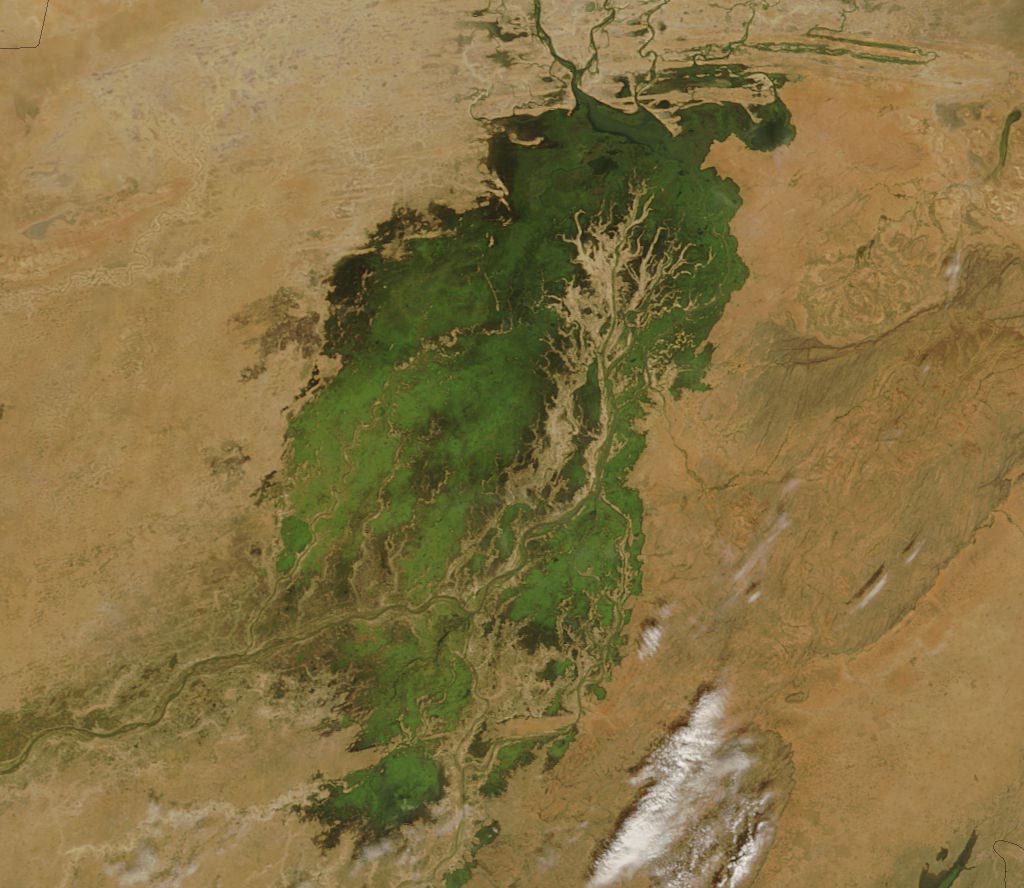1.1 Pre-colonial History: ecological diversity and local autonomy by Maddie and Ashley

ECOLOGICAL:
Niger River Delta makes up of 7.5% of Nigeria land mass. The delta consists of four ecological zones being coastal barrier islands, mangrove swamp forests, freshwater swamps, and lowland rain forests. There is a high concentration of biodiversity found in an ecosystem with different ecological zones such as the delta. The delta could have had an abundance of flora and fauna, sustained a variety of crops, economic trees, and it could have had more species of freshwater fish than any West African ecosystem. This is all if it had been left untouched by oil companies (http://www.campbellsville.edu/the-paradox-of-abundant-oil-the-case-of-the-niger-delta-in-nigeria).(Watts). [citation or path to sources will be modified later]
AUTONOMY:
The population of the delta makes up more than 23% of Nigeria's total population. This 23% is estimated to be a population of 30 million. The Niger delta region was redefined in the year 2000 to include Abia, Akwa Ibom, Cross River, Edo, Imo, Ijaw, Igbo, and Ondo. There were three three distinctive waves of migration. The first wave was before the 15th century. Fishing and salt-making hamlets and villages were developed in this first wave. The second wave took place between 1450 AD and 1800 AD. During tis wave, the small settlements were turned into city states and the delta was opened to large miggrations from the hinterland to meet economic needs. The third wave.......
500 BC.-200 A.D. : Nok civilization thrive in the Nigeria
Terra cotta structures heed towards the group's existence and their use of steel (http://www.timeforkids.com/destination/nigeria/history-timeline) <--we'll fix later, fyi if you want to find more
PRE MEETS COLONIAL:
Portuguese becomes first of European powers to access Nigeria (http://www.timeforkids.com/destination/nigeria/history-timeline)